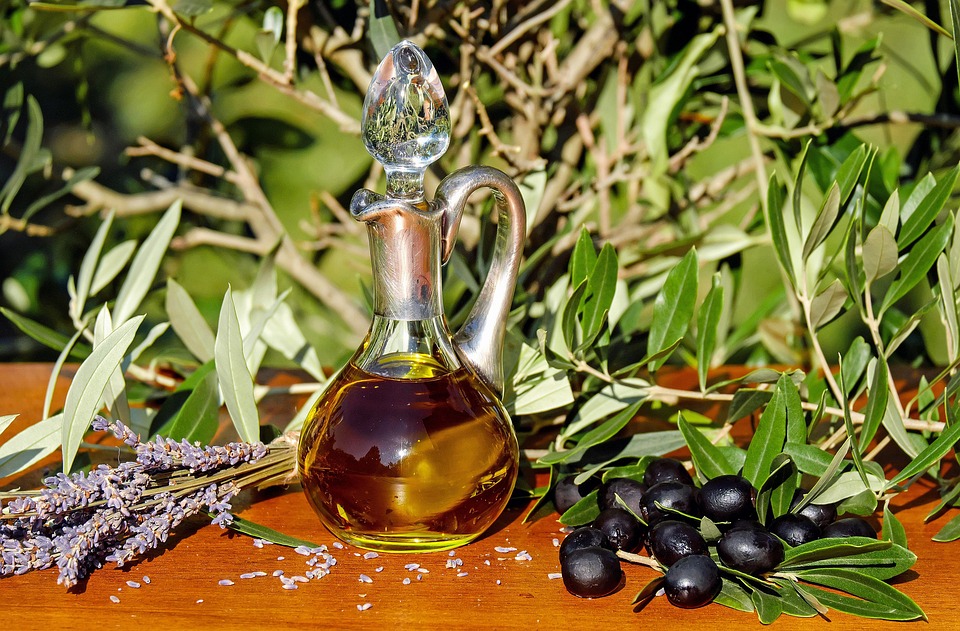The Best Carrier Oil for Essential Oils: A Guide to Enhancing Diffusion and Skin Health
Essential oils are a powerful part of any natural wellness routine, offering everything from skincare benefits to therapeutic relief. But have you ever wondered how to make the most of your essential oils? The answer lies in using a carrier oil—a substance that allows essential oils to diffuse effectively without irritation. In this article, we’ll explore the best carrier oil for essential oils, why they’re essential, and give you a personal story to help you get started.
The Importance of Carrier Oils
Carrier oils act as a medium for essential oils to enter the skin, maximizing their benefits. Unlike essential oils themselves, carrier oils don’t react with them, which means you can use them on sensitive skin types. Plus, carrier oils can also help with skin conditions like eczema and acne by soothing the surface of the skin.
Top Carrier Oils for Essential Oils
There are many carrier oils to choose from, but some are more versatile and effective than others. Let’s take a closer look at three of the best carrier oils for essential oils.
1. Jojoba Oil
Jojoba oil is a natural alternative to the skin’s own oil. It’s lightweight and absorbs quickly, making it a great choice for those with dry or sensitive skin. The oil’s molecular structure closely resembles that of essential oils, ensuring even and consistent diffusion.
2. Virgin Coconut Oil
Virgin coconut oil is rich in medium-chain fatty acids, which are great for penetrating the skin. It’s also thick, making it ideal for heavy-duty essential oil blends. Plus, it has a pleasant coconut flavor, which some people find calming.
3. Cold-Pressed Sunflower Oil
Cold-pressed sunflower oil is a nutrient-rich alternative that’s easily absorbed. It’s an excellent choice for those who need a thick carrier oil to help with deep penetrating essential oils like frankincense or rosemary.
Why These Carrier Oils Are Special
Each of these carrier oils has unique properties that make them ideal for essential oil use. For example, jojoba oil is perfect for dry skin types, while coconut oil is great for those who want a thicker consistency. Sunflower oil, on the other hand, is rich in antioxidants that can enhance the therapeutic benefits of essential oils.
Choosing the Right Carrier Oil
When selecting a carrier oil, consider the needs of your essential oils and your skin type. If you’re using oils like lavender or peppermint, a thick carrier oil like sunflower or coconut may be better. For more delicate skin types, jojoba oil is a great choice.
The Final Tips for Using Carrier Oils
- Always dilute essential oils with a carrier oil before applying to the skin. A good rule of thumb is 1 drop of essential oil to 10 drops of carrier oil.
- Test a small area first to ensure there’s no skin irritation.
- Carrier oils can also be used in bath bombs, soaps, and other DIY products to enhance their effectiveness.
Conclusion: Start Using a Carrier Oil Today
Now that you’ve learned about the best carrier oils for essential oils, it’s time to take the first step. Whether you choose jojoba, coconut, or sunflower oil, remember to start small and gradually increase the amount as you get comfortable. By incorporating a carrier oil into your routine, you’ll unlock the full potential of your essential oils and enjoy the benefits they have to offer.
So, what carrier oil are you going to try next? Let us know in the comments!
